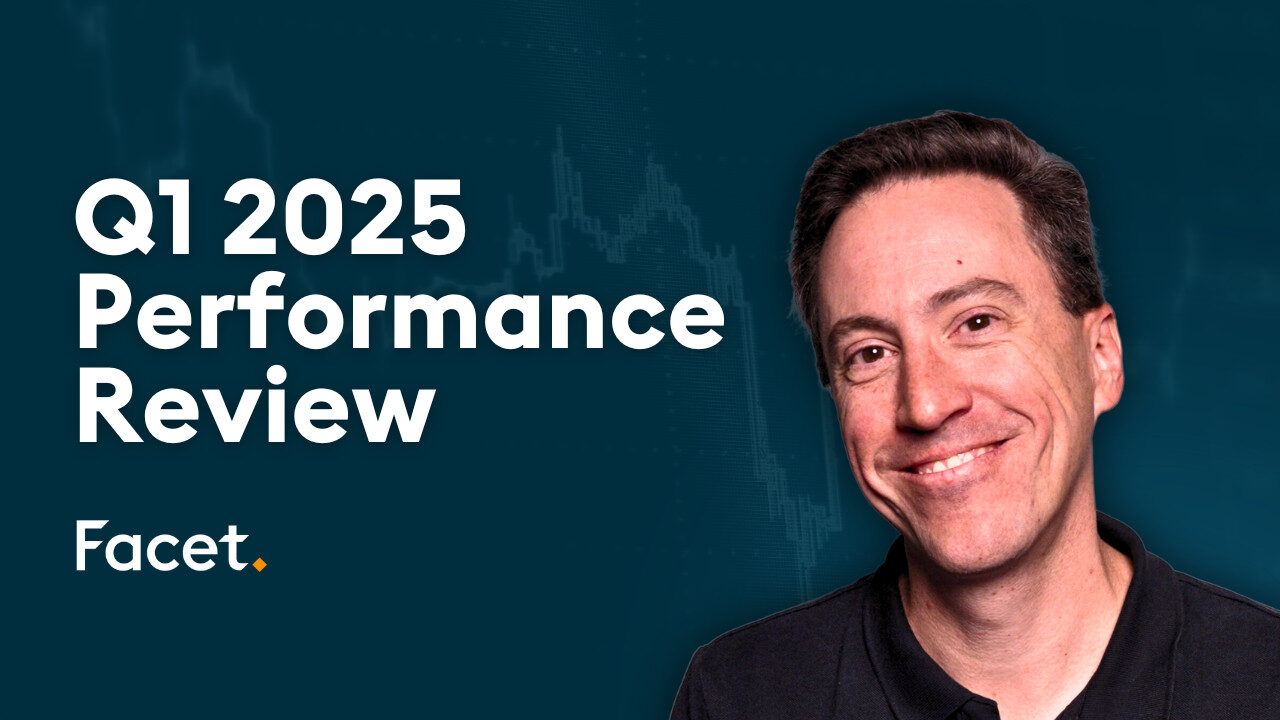Learn Library
Discover our approach to personal finance through our library of free articles. Gain the financial knowledge you need to enrich every facet of your life.
Fed holds rates amid tariff inflation & Trump pressure
The Federal Reserve made no changes to its interest rate target during the May 7 meeting, as was widely expected. This meeting comes at a difficult time for the Fed. The economy seems to be slowing, but tariffs are very likely to deliver a bout of inflation this summer. Meanwhile, President Donald Trump is putting ... Read more
What is Stagflation? Explaining the economic threat and tariff impact
With tariffs threatening to both pushing prices higher and weaken economic growth, some are warning that a period of stagflation could be upon us. So what is stagflation? Why could tariffs cause it? And what really is the risk to you?
Is gold really a safe haven? A data-driven look for US investors
Gold is often touted as a hedge against inflation or other economic challenges. But the data tells a different story. We dive into both the long-term and short-term challenges with investing in gold.
Investing through the downturn: strategies for navigating a bear market
Bear markets can make even experienced investors worry. However if you are going to be a long-term investor, you are inevitably going to go through quite a few down markets. Here are some thoughts on how to navigate investing when the market suffers a significant decline.
Q1 2025 Performance Review: US stocks correct, bonds rally amidst policy shifts
It was a tumultuous quarter for markets, with stocks falling amidst uncertainty around tariffs and other of President Donald Trump’s policies. Here are our thoughts on what happened during the quarter, how Facet portfolios fared, and what we see for markets in the coming months.
FDIC protection and SIPC coverage: How safe are your deposits and investments?
You are probably aware that the government protects your deposits at your bank through something called the FDIC. However we get a lot of questions about the details: How does the protection work exactly? Who pays for it? Does this protection extend to my investment accounts? Could President Donald Trump make changes to FDIC insurance? ... Read more











